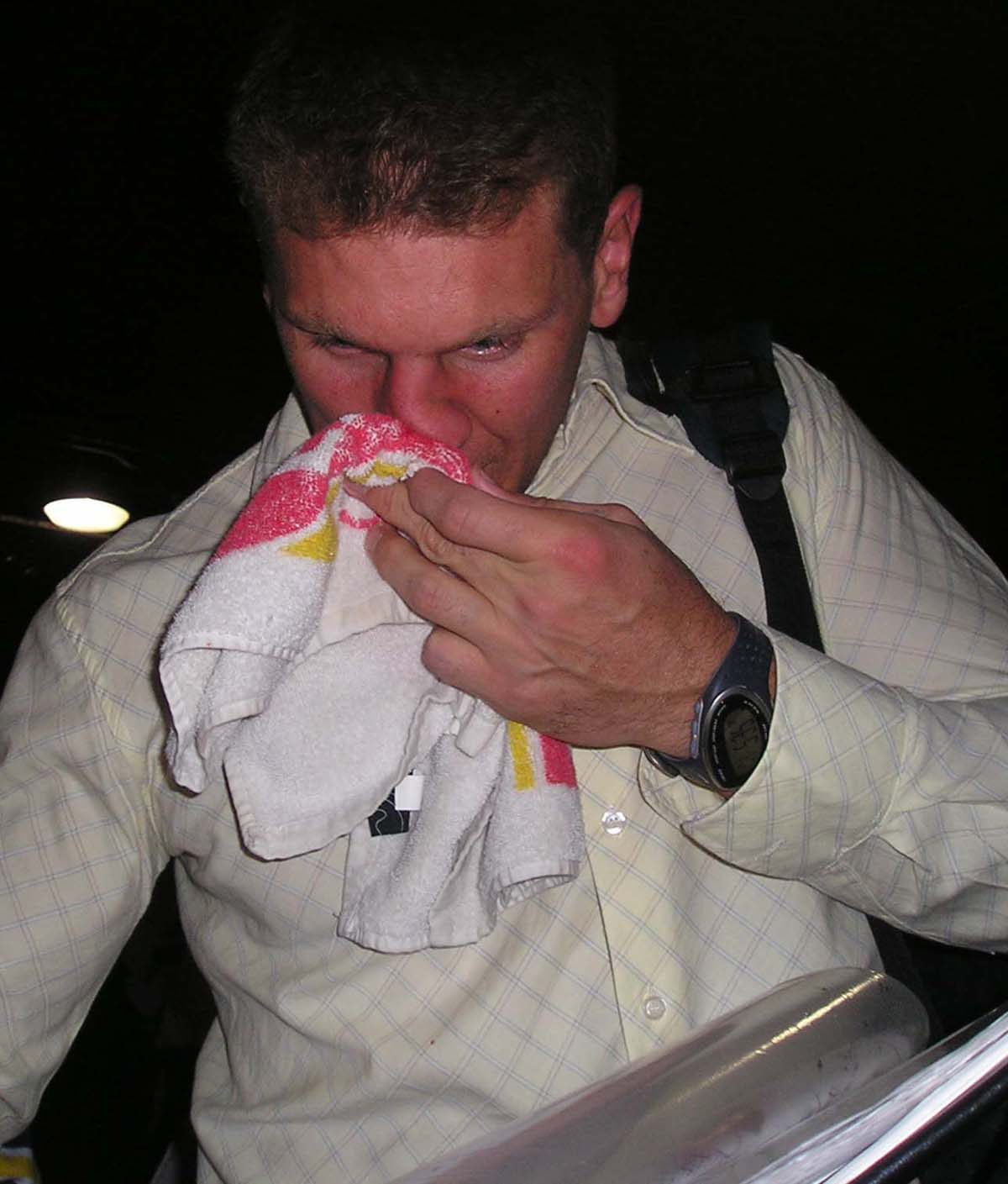
Also known as epistaxis, a nosebleed is a common occurrence.
The nose contains many tiny blood vessels that can break easily. Most often, nosebleeds are considered to be an annoyance rather that a serious health problem. However, this is not always the case, while they sometimes may be indicators of a far more serious condition. There are two types of nosebleeds, anterior and posterior nosebleeds. An anterior nosebleed means that the blood is coming from a blood vessel in the nasal septum. These are not that serious and stop after a few minutes.
Posterior nosebleeds are far less common, occurring more frequently in older people. In most cases, the bleeding comes from an artery in the back part of the nose. Being that they are more complicated, sometimes, an admission to the hospital is required. When a person’s nose is bleeding, there usually isn’t a lot of blood. The blood usually exits through only one nostril. In some cases, if the bleeding is plentiful, it may start running down the other nostril, or down one’s throat. This, in turn, can cause one to vomit blood.
However, there have been cases of an excessive blood loss. Signs of excessive blood loss are dizziness, fainting, confusion, overall weakness, etc.
Prevention
One should not pick his nose. This may harm the blood vessels, causing them to bleed. The same goes for blowing the nose too hard. If a nosebleed is a symptom of another disease, the doctor may induct one how to keep the problem of nosebleed under control. One should not smoke, for this may dry out the nose or irritate it. To keep the nasal passages moist, one should use a saline nasal spray.
Causes of Nosebleeds
More common causes of nosebleeds include: a cold, a minor injury, sinusitis, blowing one’s nose very hard (it ruptures blood vessel on the surface) or picking it with long fingernails (one may scratch and harm the blood vessels), some allergies (hay fever, etc.), a dry nose, a deviated septum, various infections, etc. These usually cause anterior nosebleeds that last for a short period of time.
Less common causes of nosebleeds are excessive use of anticoagulant drugs, leukemia (this is extremely rare, but one should be aware that this is a possibility), hemophilia, hardened arteries, a tumor in the nasal cavity, etc. These usually cause posterior nosebleeds. Although for most cases of nosebleeds one does not need to see the doctor, if the nosebleeds are recurrent, it might mean that another, and more severe condition is causing it. One should consult a doctor if this happens.



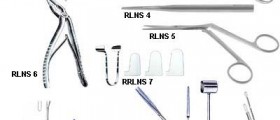






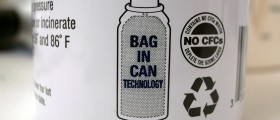

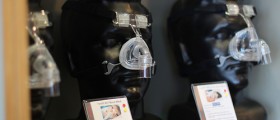
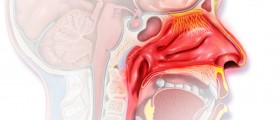
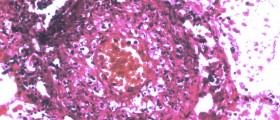


Your thoughts on this
Loading...